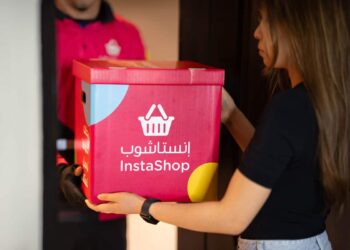As a first-time entrepreneur or small business owner trying to make ends meet with a tight budget, things can get overwhelming.
Normally you are expected to keep up with your customers, constantly update social media pages, publish scheduled blog posts, create a yearly marketing plan, manage expenses, attend different networking events, discuss future plans with your team, run errands, spend time with your family, and actually have an active social life. I mean there are only 24 hours in a day, right?!
See Also: 6 Personalities of Successful Founders
That’s why you will find yourself constantly looking for the latest productivity hacks and time-management tips and tricks that can help you save time and stay on top of your to-do list. Thus, without further ado, here are 5 lists I personally use to get more done in the most efficient way possible that can hopefully help you in the day to day management and planning of your startup’s activities.
1. List of Investors
It’s always the right decision to create a list of current and potential investors regardless of your startup’s life-cycle and whether you currently need to raise money or not? Because this can help you easily identify the right candidates for your company, for example if you have a media production company it will help you connect with investors who are interested in this particular sector. Also, it will make it easier for you to remember which investor to shoot for when you are asking for a specific advice/favor.
2. List of Partners
We all attend a handful of networking events on a weekly basis and get to meet so many amazing entrepreneurs working on different ideas in diverse sectors and we might just bump into the perfect partner for a future campaign or project. Keeping all these contacts in a separate partners’ list will definitely make connecting with the right companies/institutions a piece of cake whether you are looking for strategic, community or media partners.
3. List of Fellow Entrepreneurs
This list is certainly your biggest business asset especially if you invested time and effort into building mutually beneficial relationships. Because each and every one of these people can be your go-to person for valuable advice on strategic business decisions, they can be key partners in future initiatives, and they can introduce you to potential investors, journalists, high profile executives and other key players.
4. List of Journalists
Creating a list of current and potential journalist friends is very crucial for your startup’s growth especially if you want to tell the world about your latest products, projects and campaigns, key company events and partnerships. This will help you connect and stay in touch with the most relevant journalists in your industry.
5. List of Cross-Functional Skills
Although this is not a popular entrepreneurial practice but, compiling a list of all the graphic designers, web/app developers, social media gurus, accountants, lawyers and other key startup team players can do wonders. This list will help you identify and stay in touch with awesome talent that might be a great fit with your startup’s culture in the future and also, helps in making referrals to opportunities in your friends’ companies.
Share with us any other lists come across your mind, and we will update the article with your name on it.












